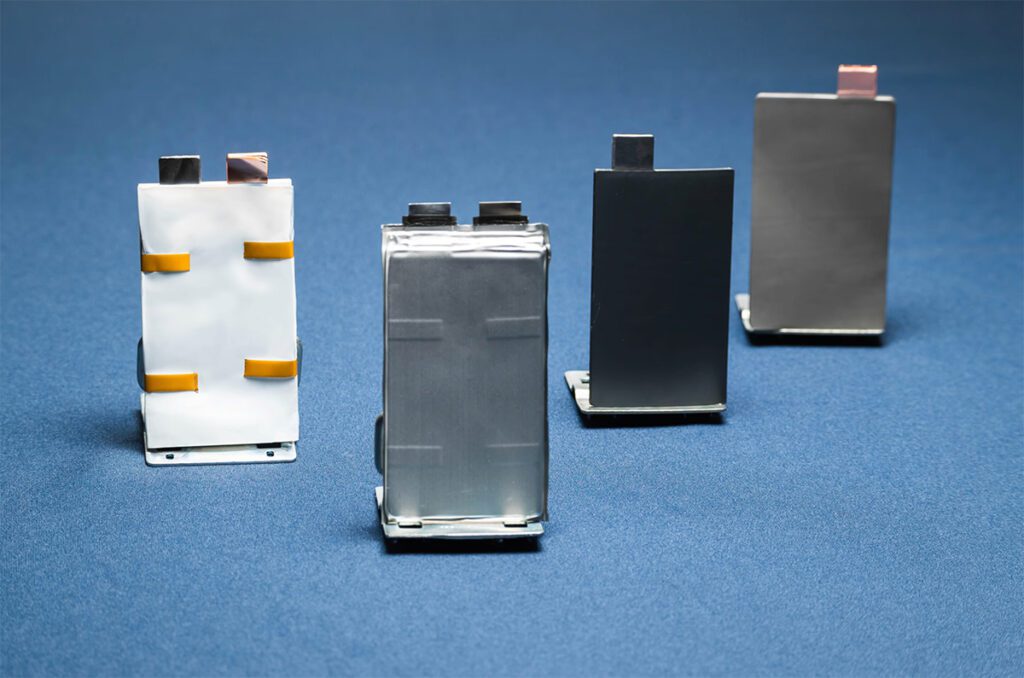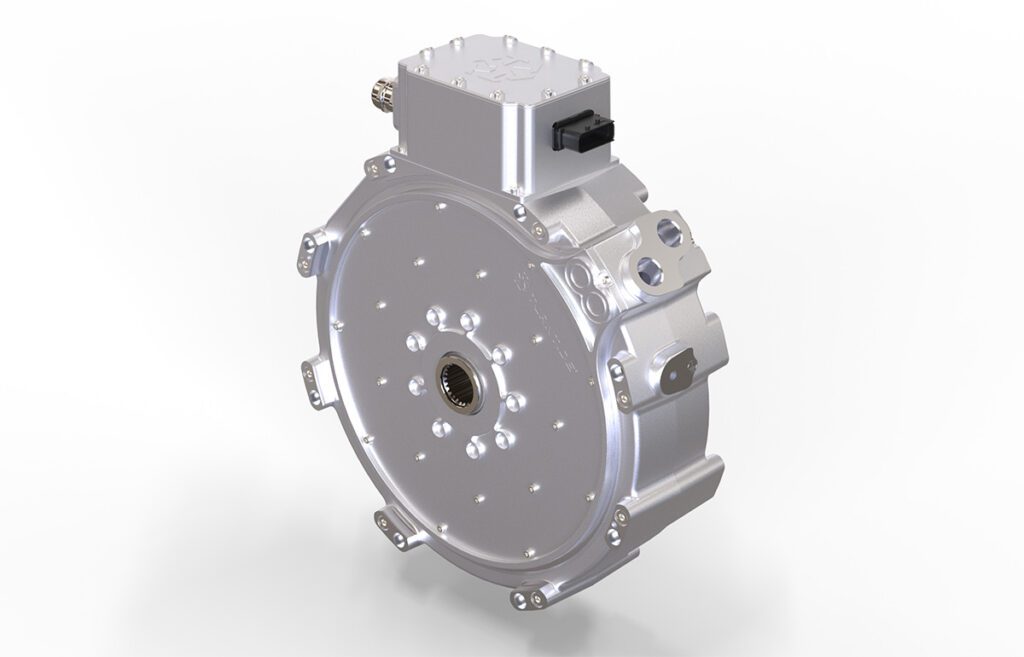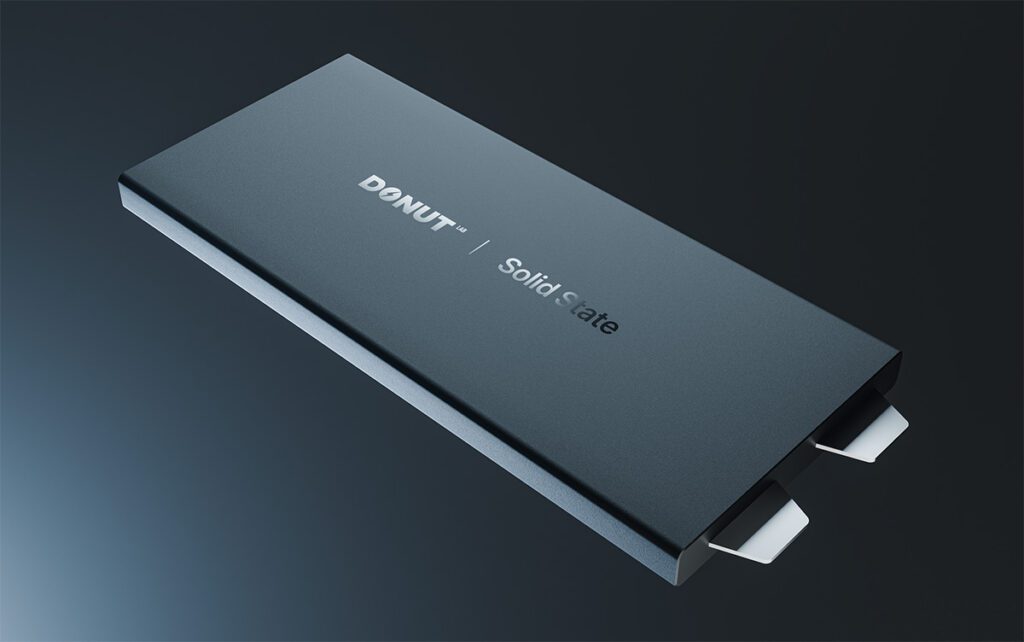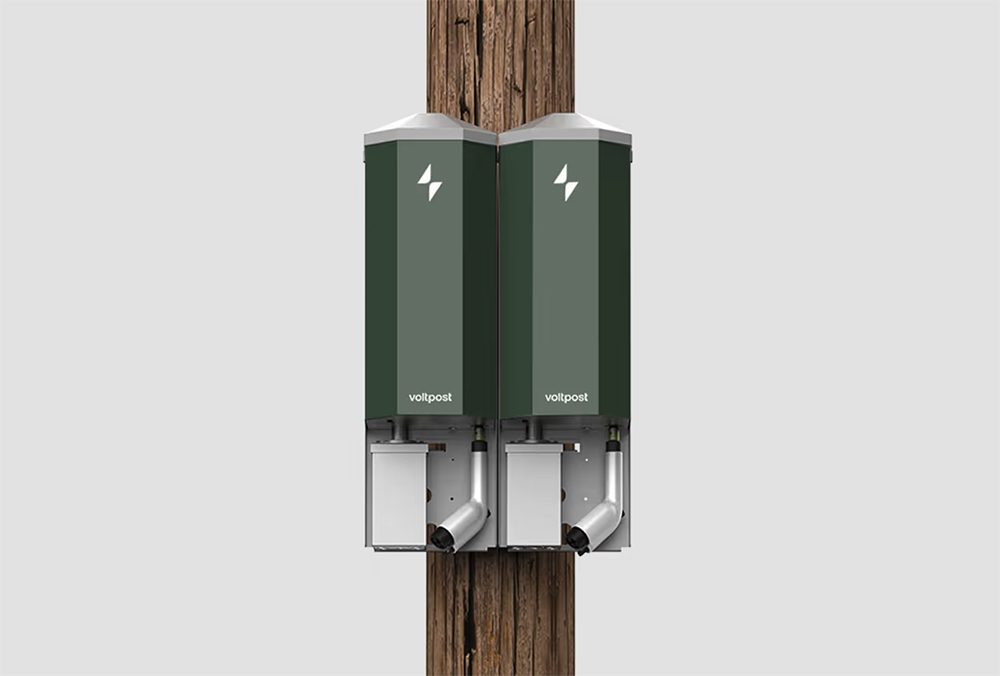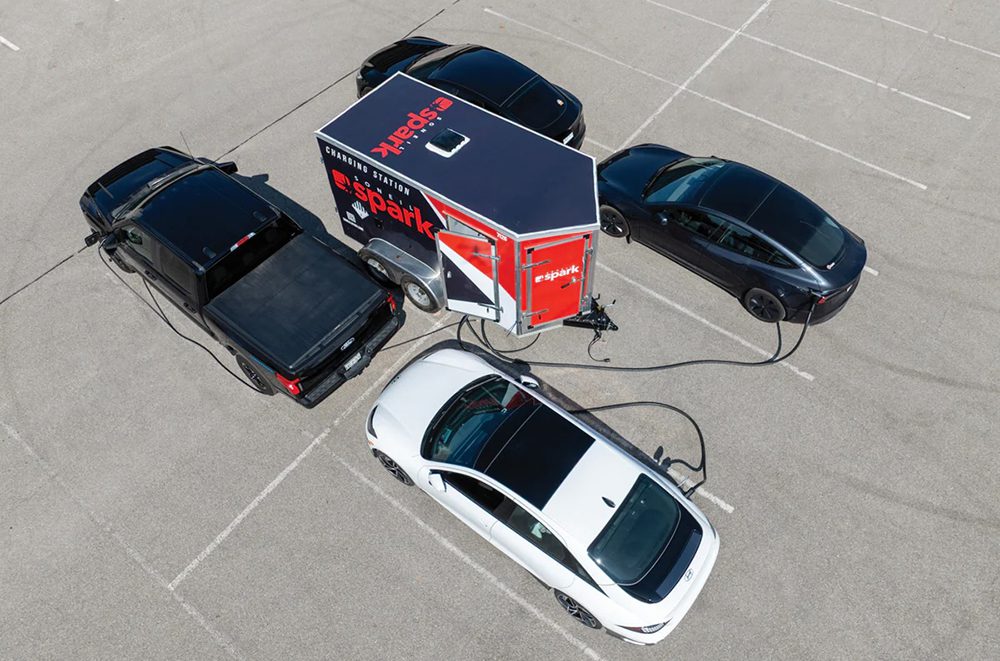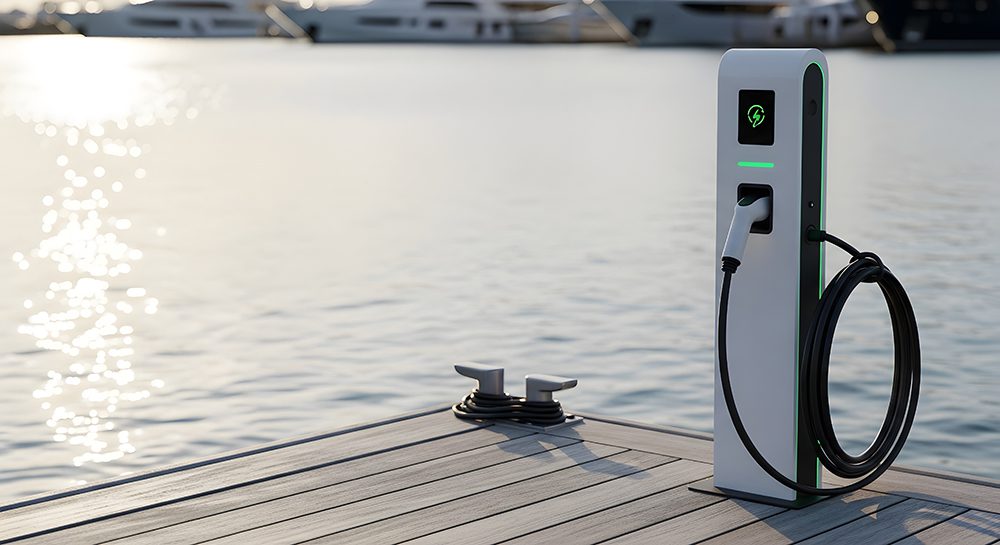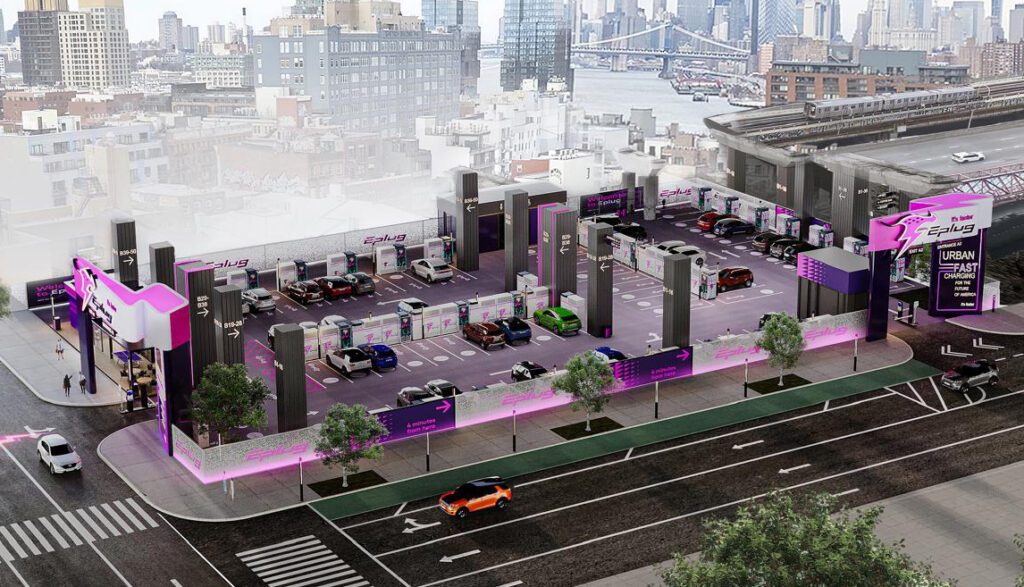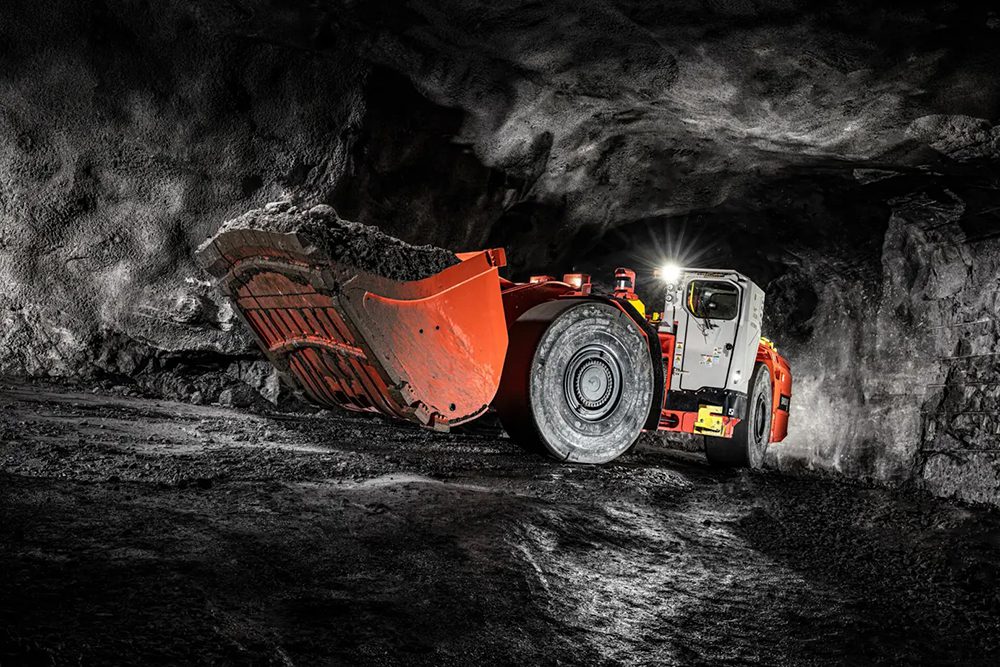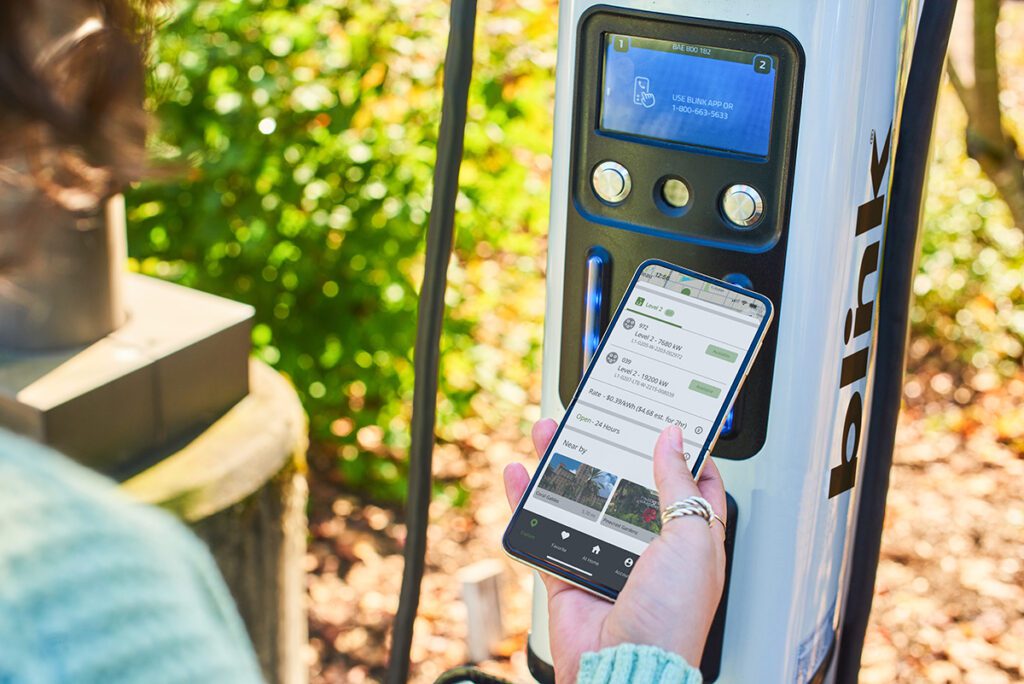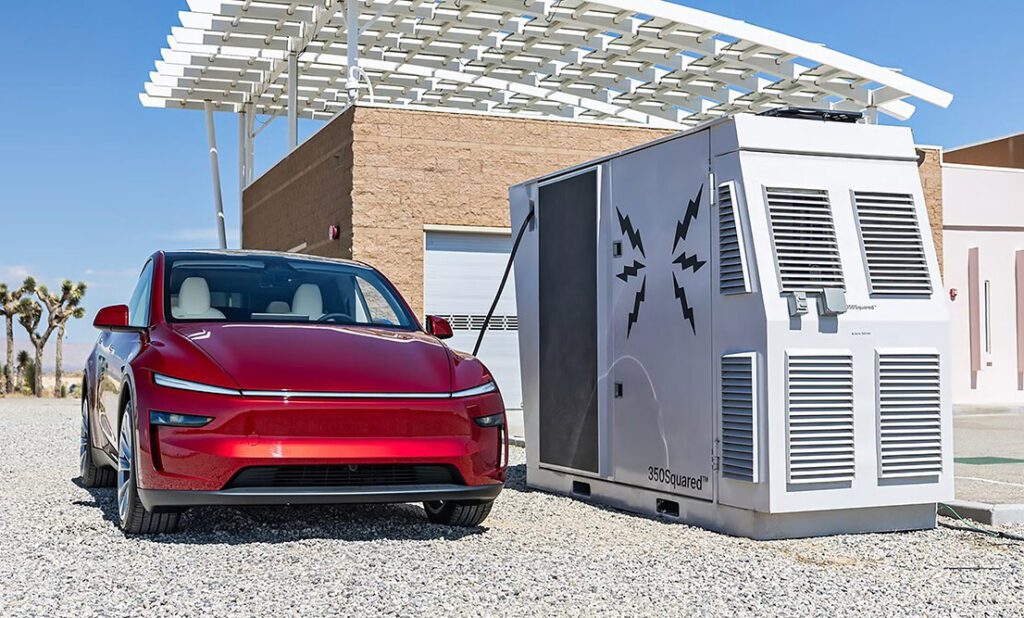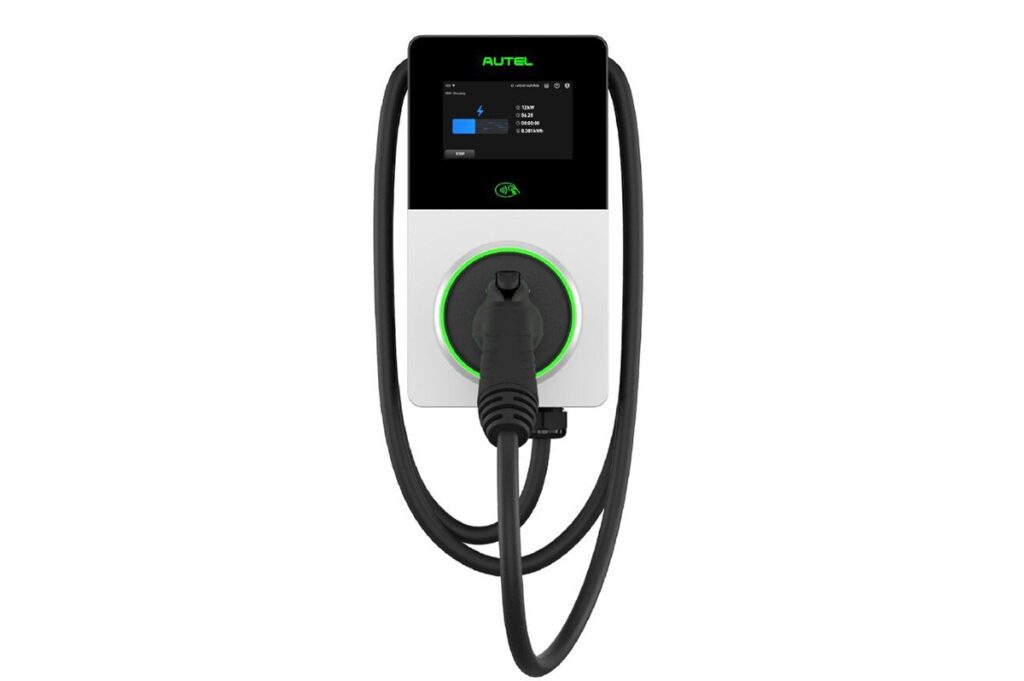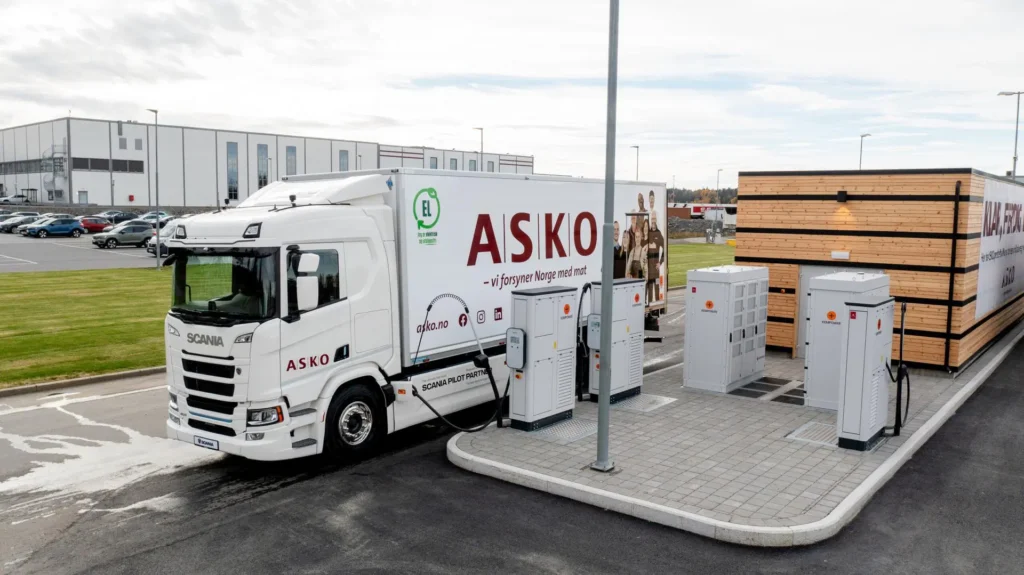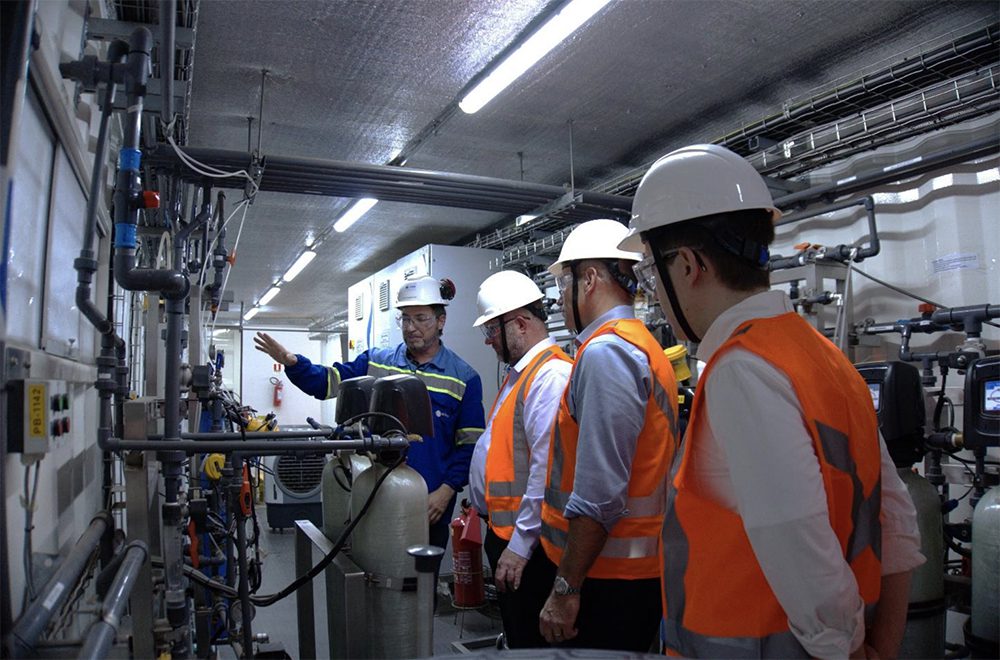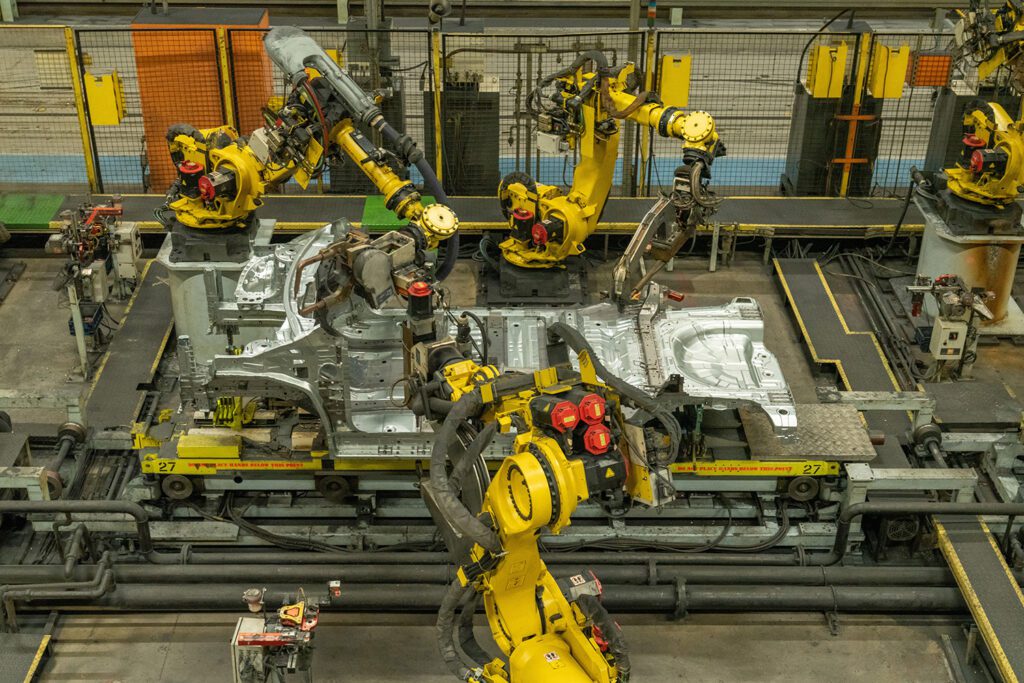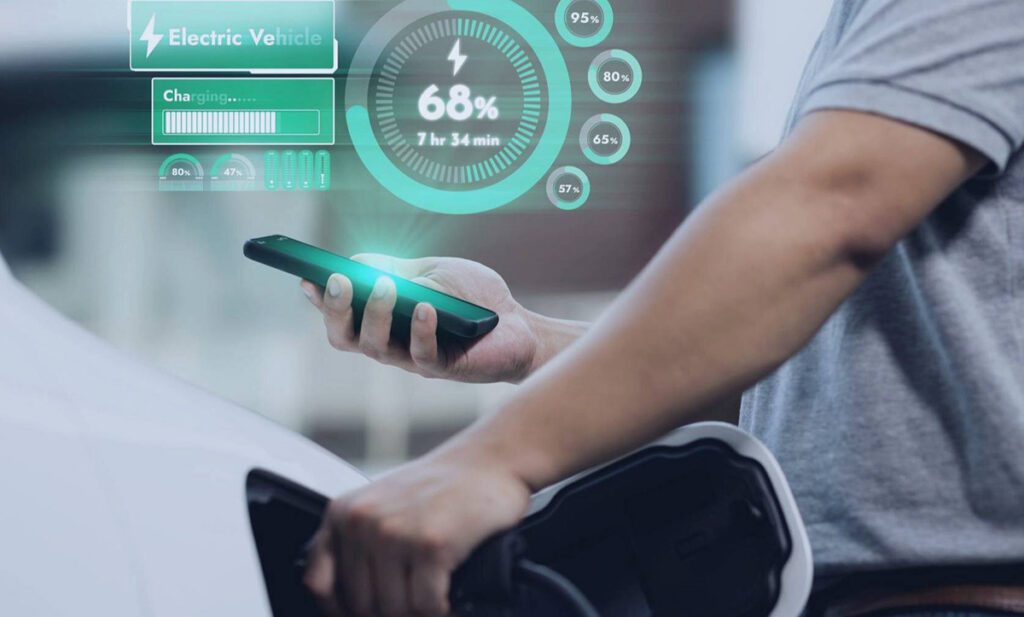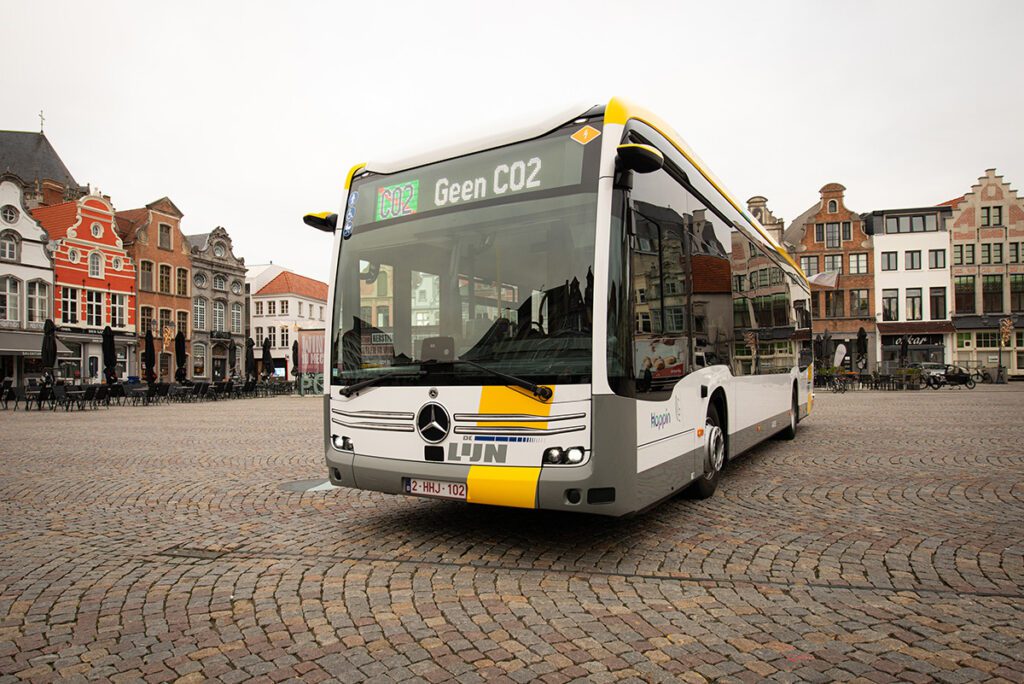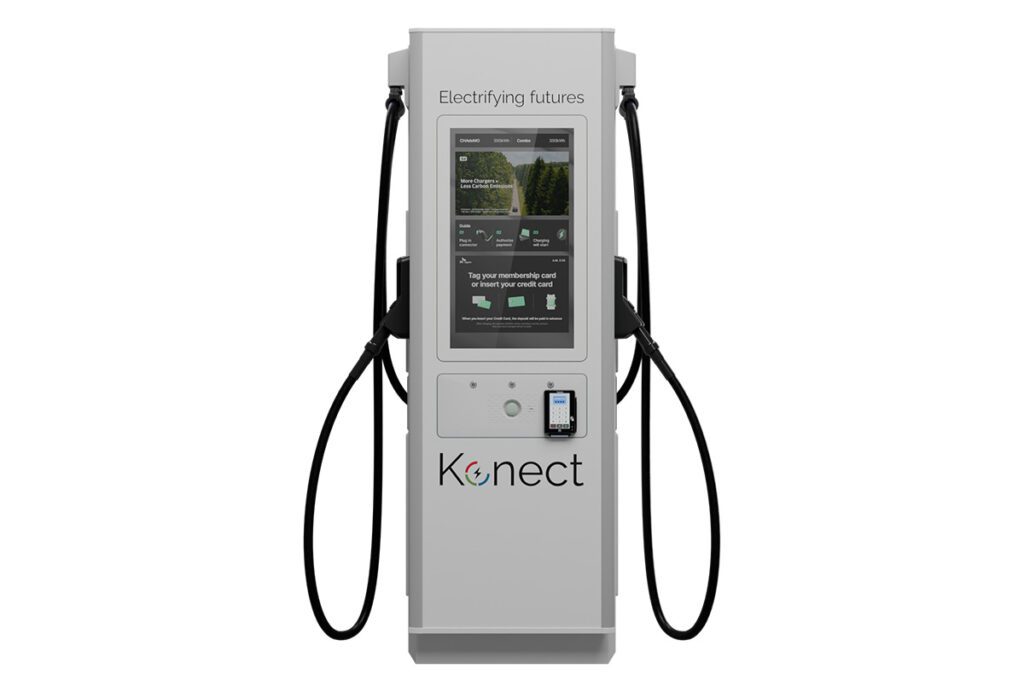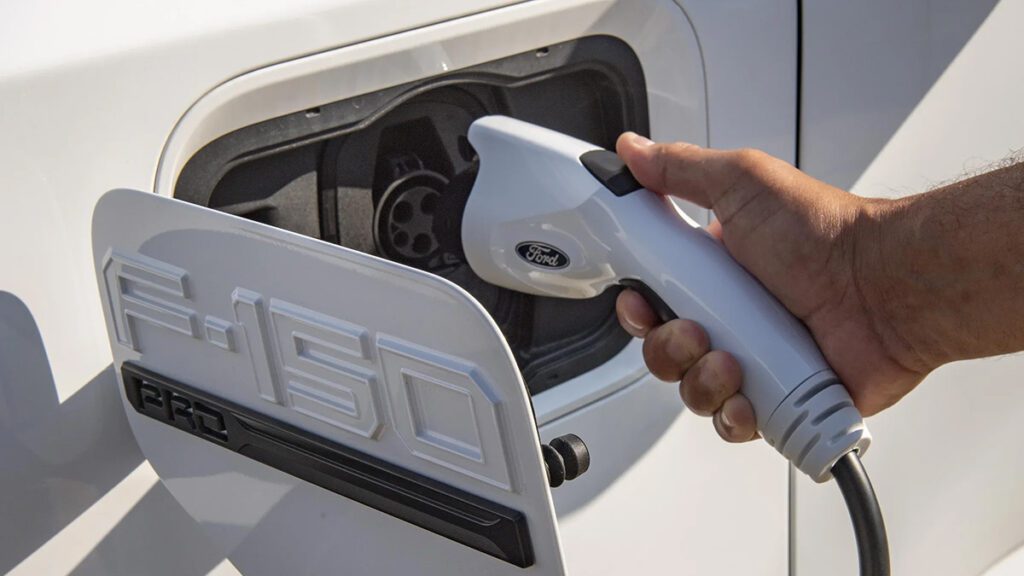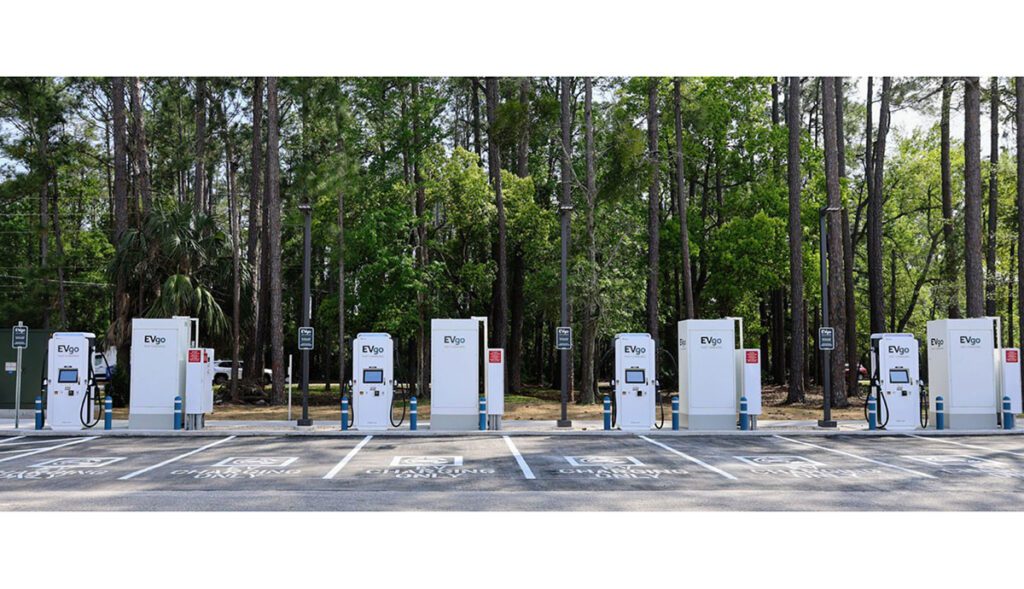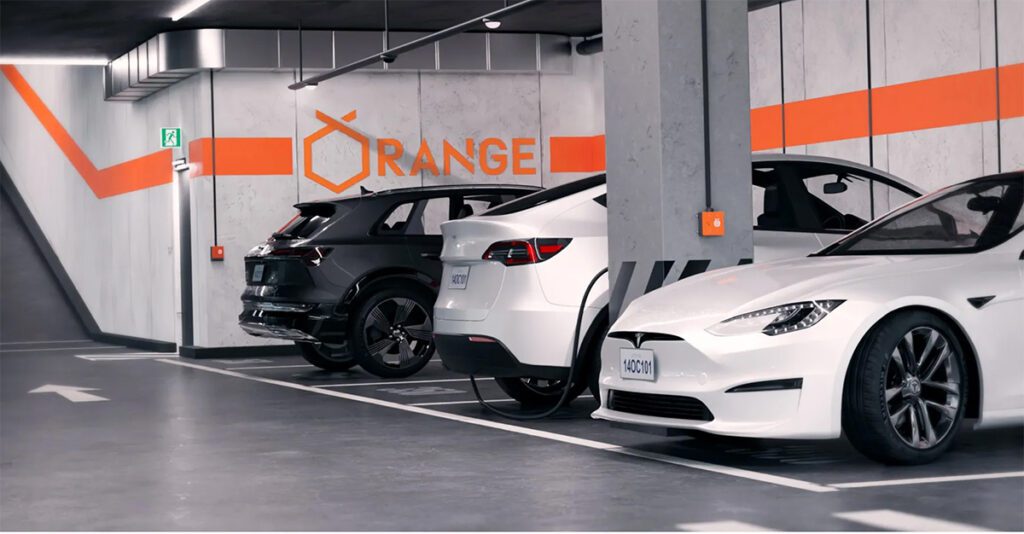The European Parliament has voted to mandate a 20% cut in CO2 emissions from new cars and vans in 2025 and a 40% reduction in 2030. The EU’s elected chamber rejected the European Commission’s more modest proposal of a 30% cut in 2030 compared to 2021 emission levels. The Parliament’s plan includes penalties for automakers that fail to meet sales targets, a key policy instrument the Commission had dropped from its proposal after lobbying by German carmakers.
MEPs also voted to introduce real-world checks on emissions from cars and vans to curb the automakers’ practice of cheating on lab tests. Following the recent discovery that carmakers are already finding ways to manipulate the results of the new WLTP laboratory test, MEPs have made it clear that regulators expect emissions cuts to be delivered on the road as well as in the lab.
The EU Parliament rejected the double counting of biofuels and other alternative fuels in regulations that are already promoted through the recently adopted Renewable Energy Directive, and also voted to reduce credits for PHEVs.
EU member states are expected to finalize their position on the law at the Environment Council on October 9, and a final deal is expected by early 2019, ensuring the law is confirmed before the next European elections.
“Despite an unprecedented lobby effort by the oil and car industries, the European Parliament has voted decisively to require carmakers to make their cars cleaner and sell more electric and hydrogen vehicles,” said Julia Poliscanova of advocacy group Transport & Environment. “A clear majority of EU governments supports Parliament’s decision to accelerate the transition to clean and electric mobility. Only Germany, Hungary, Romania and Bulgaria oppose higher ambitions. We shouldn’t allow Germany to hold an entire continent to ransom over its failed diesel strategy. Ministers should approve Parliament’s decision next Tuesday.”
Source: Transport & Environment




























































